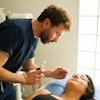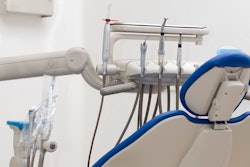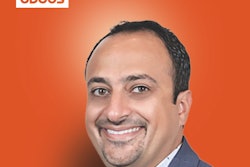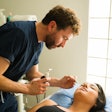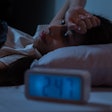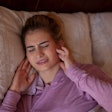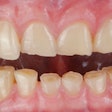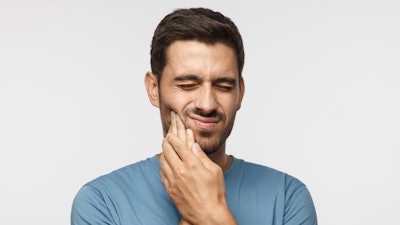
Certain types and positions of tooth extractions may put patients at risk for developing a temporomandibular disorder (TMD) after having a tooth pulled, according to a study recently published in Current Problems in Surgery.
Patients' treatment plans should be created based on their different manifestations and diagnoses, and extractions should be delayed and TMD should be treated first, when necessary, the authors wrote.
"In the future, it is suggested that temporomandibular joint (TMJ) specialists should conduct interdisciplinary cooperation to evaluate the condition of the patient's TMJ before tooth extraction," wrote the authors, led by Dr. Sufeng Zhao, MS, of Nanjing Stomatological Hospital in China (Curr Prob Surg, June 29, 2024).
The incidence of TMJ and muscle disorders ranges from 5% to 12%, according to the National Institute of Dental and Craniofacial Research.
Some research has shown that 48% of patients with TMD attributed its start following a specific event, including prolonged oral surgical procedures. Other studies have shown that tooth extractions can trigger TMJ and TMD, but the specific reasons why are not known, according to the study.
To explore a possible connection between TMD and other factors, a study that included 536 tooth extraction patients was conducted. Depending on whether TMD occurred after a tooth extraction, patients were divided into a control group and an experimental group. Factors, including tooth position, tooth type, extraction time, overbite, overjet, and age, were compared between the groups, they wrote.
Of the patients, TMD occurred in 44 individuals (8%) after tooth extraction. Univariate and logistic analyses revealed that extractions in the mandibular, as well the molars, a deep overbite, and overjet extractions may be risk factors for inducing TMD (p < 0.05), the authors wrote. However, factors, including gender, age, extraction time, and bruxism were not risk factors, they wrote.
For this study, the authors did not note any limitations.
"If TMD occurs after tooth extraction, it is necessary to contact TMJ specialists in time for early detection and treatment to improve the cure rate," Zhao and colleagues wrote.


